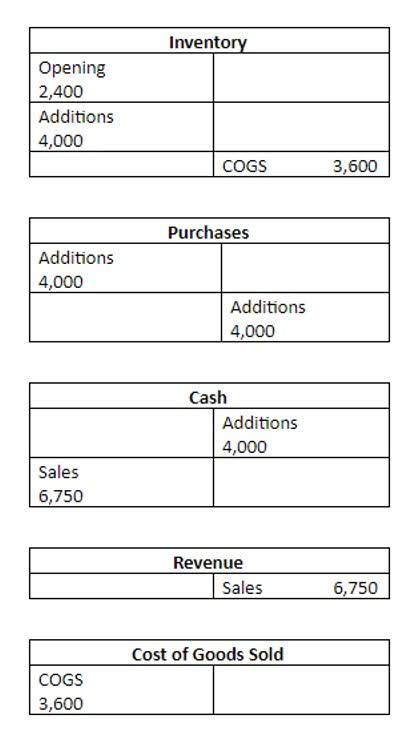
Joshua Gordon is a lay-pastor, author, and editor of TheLeadPastor.com. Over the last two decades, Josh has worked closely with pastors and other christian leaders, helping them to sharpen and elevate their messages. Today, Joshua pastors at New Life Fellowship, a thriving church he helped plant in Cambridge, Ontario, Canada. By creating an account, you agree to our Privacy Policy and Terms & Conditions. Join over 1 million businesses scanning receipts, creating expense reports, and reclaiming multiple hours every week—with Shoeboxed. Join over 1 million businesses scanning & organizing receipts, creating expense reports, and more—with Shoeboxed.
- Plus, it can help you use donations correctly, which is crucial for gaining repeat donors.
- On the other hand, for-profits sell services or products to maximize profits for the owners.
- This guide will equip you with the essentials of church accounting, helping you manage your ministry’s finances with transparency and responsibility.
- This way, you’ll make sure all your resources are appropriately allocated and all your reporting is totally transparent.
- CHURCHPAD reserves the right to impose a temporary access fee in the event Customer is suspended and thereafter requests access to the Service.
- For-profits are only accountable to the regulations governing their business and are out to make as much money as possible to subsidize the owners’ income.
Grants & Donations
- This government status requires church leaders to adhere to certain rules and regulations, such as filling out the right forms at tax time and keeping their books clean enough to pass muster in the event of an audit.
- This includes accurately calculating and withholding payroll taxes, and contributing to employee benefits.
- These are essential for donors to claim tax deductions and should be issued annually.
- You might want to have an account for each ministry team that might receive income or incur costs.
- – The choice depends on the size of your church, the complexity of financial transactions, and the resources available.
Bookkeeping software will help simplify your church’s financial tasks. It will record income and expenses, reconcile bank accounts, and manage budgets. It will also provide a clear and organized view of your church’s financial health, which will help facilitate informed decision-making and ensure accurate financial reporting. By implementing a well-organized system for managing your church’s financial records, you can enhance transparency, facilitate financial reporting, and ensure compliance with legal and regulatory requirements. The Statement of Functional Expenses is an essential financial report for nonprofit accounting. This statement offers a detailed breakdown of an organization’s expenses by function and nature during a specific accounting period, usually a fiscal year.
s Best Church Accounting Software Tools

For instance, a well-oiled church accounting machine can adapt to (and take advantage of) online donation methods. It can implement current options, like text-to-give and QR codes, and can continue to integrate whatever cutting-edge future giving options develop over time. – Yes, it’s advisable to have separate accounts for better tracking and accountability. Outsourcing can be a viable option for churches that lack the expertise or resources to handle accounting in-house. You’ve done your research and employed the help of assets = liabilities + equity one of the above software.

Time to Hit the Books (For the Last Time)
Implementing a system to track and record tithes and offerings accurately is essential for financial transparency and accountability. This can be done through envelopes, online platforms, or electronic giving systems. Additionally, consider organizing your financial records chronologically or by fiscal year. This chronological arrangement helps you track the progression of financial transactions and provides a clear timeline of your church’s financial activities.

Software Solutions Specifically Created for Churches

Ask yourself the question, “Should I know how much money I’ve set aside for _____ ? Instead, invest in them as necessary elements of a healthy, functioning ministry that can have a maximum impact on the lives of your congregation, your community, and law firm chart of accounts everyone else that you come in contact with. So, what do you need to do to identify and address gaps in your organization’s accounting practices?

Financial reporting and dashboards
A key difference between accounting for for-profit versus churches is the concept of fund accounting. Fund accounting stems from the key difference between churches and businesses. It focuses on accountability and stewardship instead than profitability. For-profit entities have a general ledger (or a single self-balancing account), and churches have multiple general ledgers. These general ledgers go by “funds.” Funds let organizations separate resources into accounting for churches different accounts to identify the uses of those resources as well as where they came from. Since churches are tax-exempt, they have to keep detailed records while bookkeeping.